Far and away the best thing you can do for your garden is to use organic compost, and it's even better if you make it yourself. Though composting seems pretty straightforward, there are a few things to know as you add your waste to the pile and plan for garden application later in the year.
First, Why Compost?
Composting is a great way to create a nutrient rich, humus component to add to your garden. Once broken down, the compost serves as a great way to improve the soil structure and increase water retention. Compost also adds a beneficial bacterial community full of microorganisms that can help your plant be able to access and use nutrients more efficiently and create a stronger plant with more natural resistances.
Composting (though it does take a small amount of work occasionally on your part) is free and helps keep a little bit of extra waste from going to the landfill. The resulting improved structure of your soil after using compost will also help fight soil erosion and there's comfort in knowing that if it did wash away, it can't harm or contaminate water supply.
Get Started
There are only 4 basic things you need for a good compost:
-
Moisture
-Active microorganisms require moisture, as does all essential life, but it's equally as important that you don't overdo the moisture so that the oxygen and air can't permeate the compost material. -
Organic Matter/Waste
-There's a variety of organic 'waste' to be found if you have any sort of space outdoors. Some great ones to get a good pile going include grass clippings, leaves and other garden waste as well as kitchen scraps, paper, cardboard and even manure. And though there aren't any "absolutely must do" rules, it's good to try to keep at least two times as much carbon-rich materials as nitrogen-rich materials. You may have heard this referred to as the "browns and greens" rule, but some things (like manure) don't follow the color rule. -
Oxygen
-The microorganisms that help facilitate the composting and breakdown process require oxygen and it's their process that in turn gives off the heat required for proper breakdown. Again, be conscious that you keep a balance between the air and the moisture. You can try a basic smell test to determine whether your aerobic activity it moving towards an anaerobic environment, which creates a different bacterial community). If your compost pile has an earthy or no smell, it's going great, but if there's a 'rotten' smell, you may not be getting enough airflow. Turning your pile with a pitchfork occasional can help create added aeration. -
Warmth
-There are methods of composting considered "cold composting" but there is still some degree of heat involved that is being given off by the microorganisms as we already mentioned. The more "hot" methods of composting allow for a much faster breakdown of the material and gives you compost that you can use in your garden in a few weeks, rather than a few months.
What can and can't go in the compost pile?
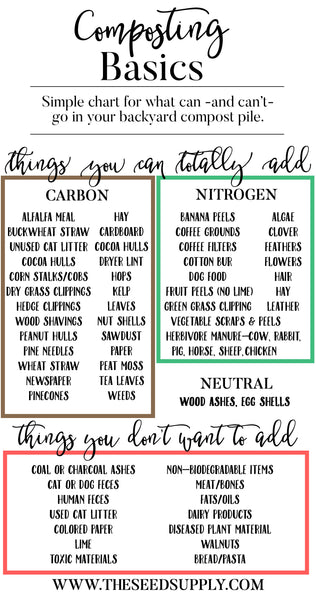
*It's important to add that materials will break down faster and easier if they're shredded or somehow pulverized into smaller pieces.
Simple as that!
Rake up the leaves in your garden, gather the grass clippings and dedicate a bucket indoors for your kitchen scraps and you can be well on your way to creating nutrient rich compost that your plants can thrive in.

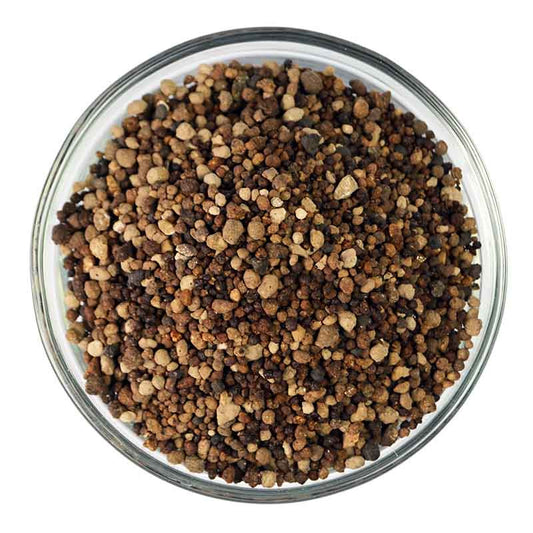
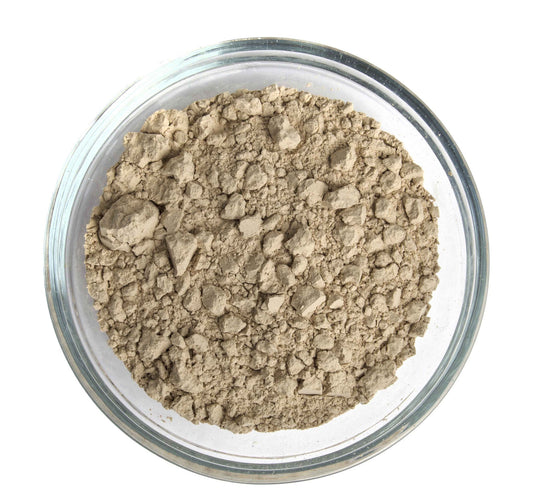
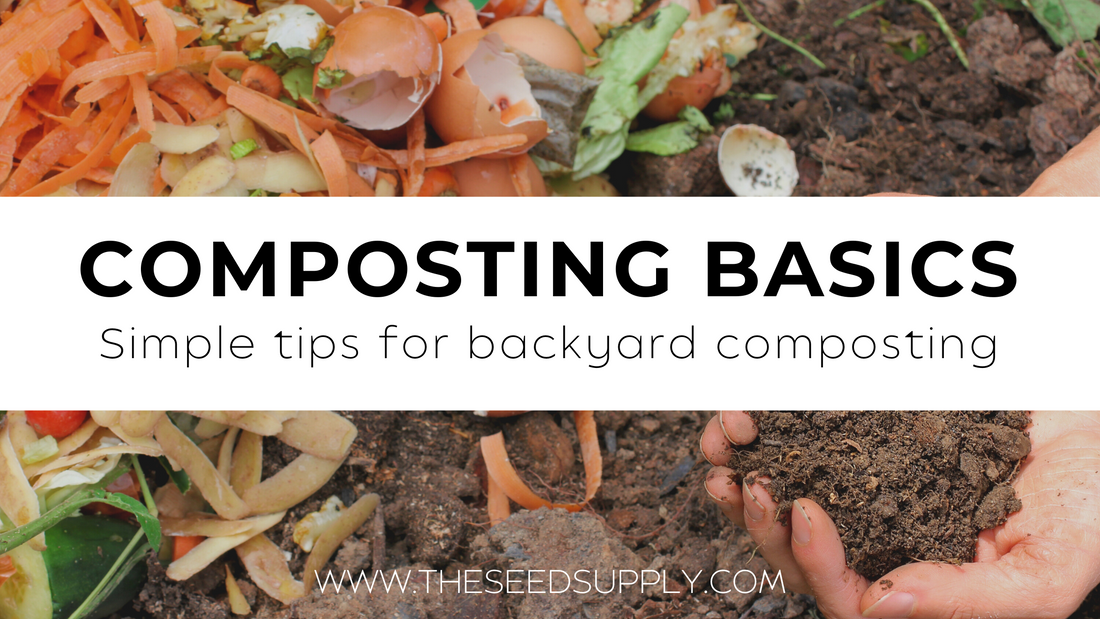
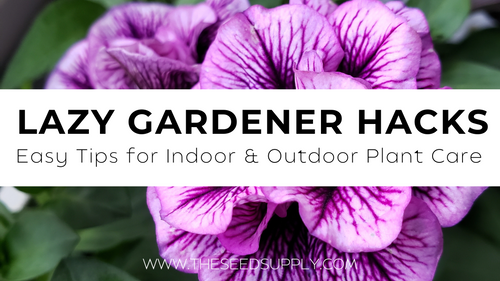
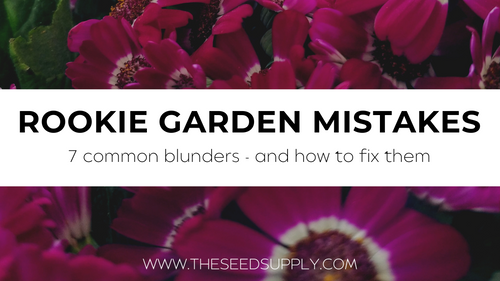
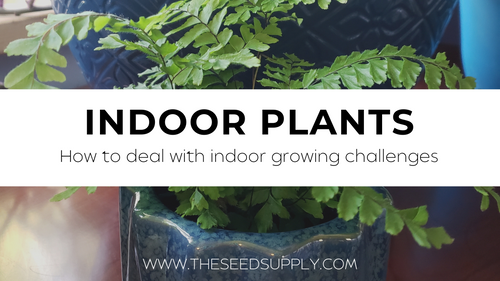
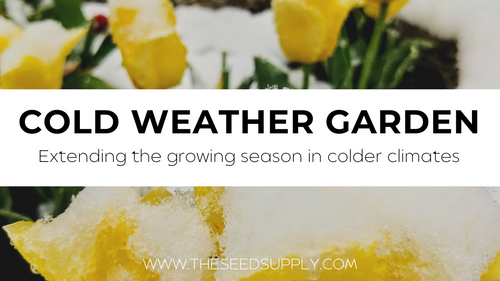
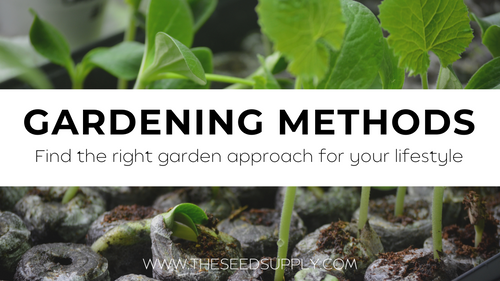
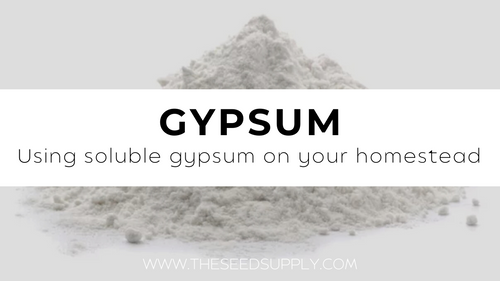
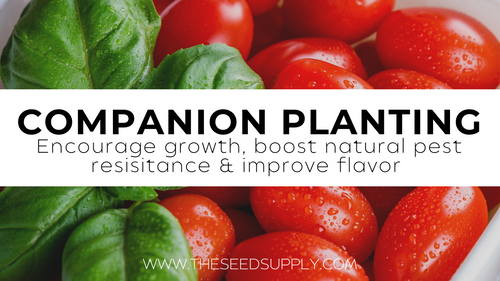
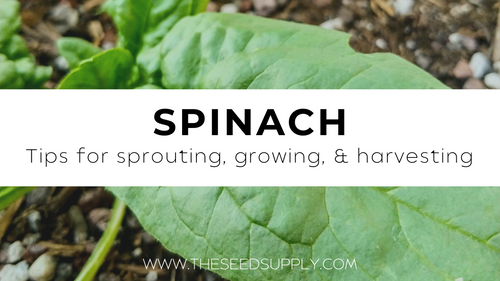
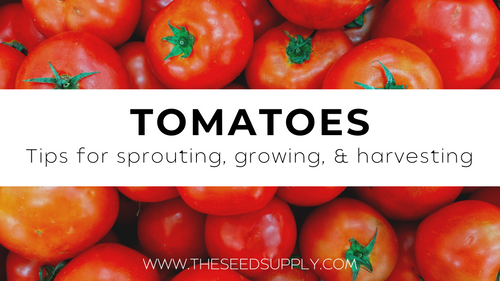
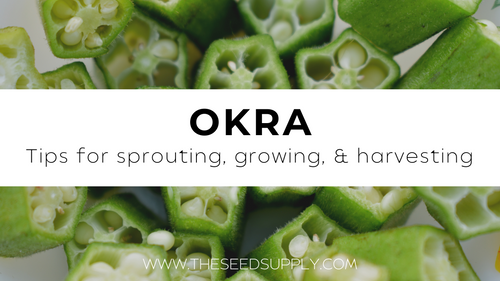
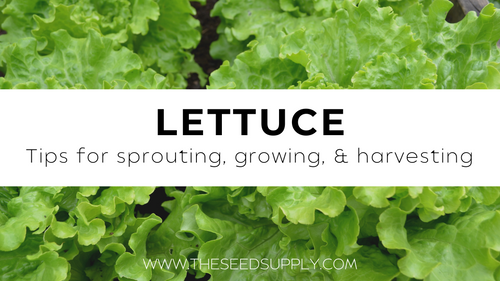
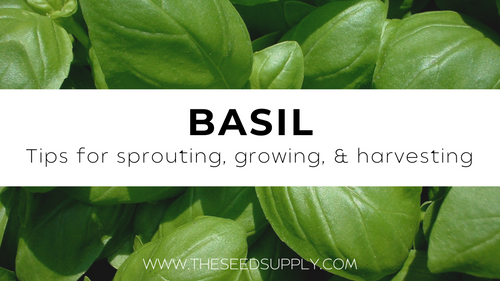
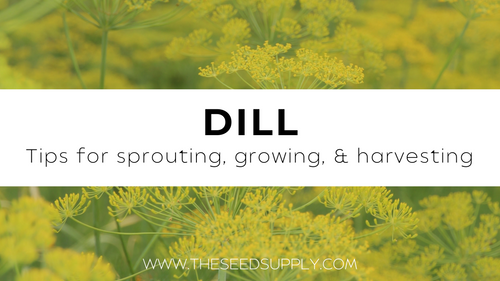
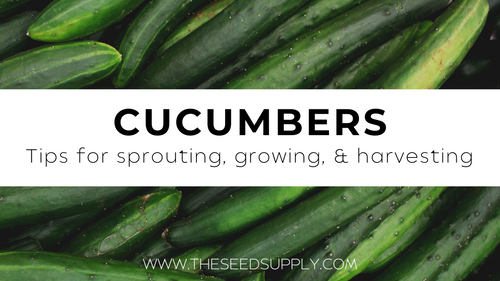
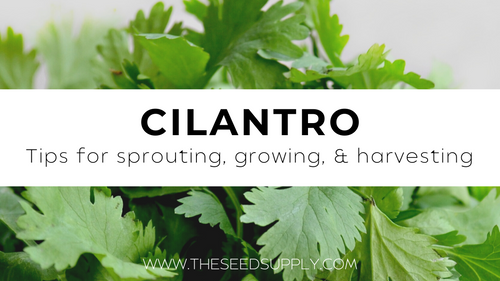
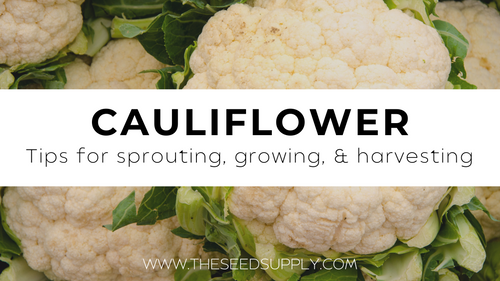
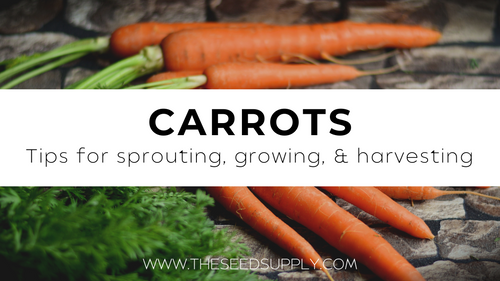
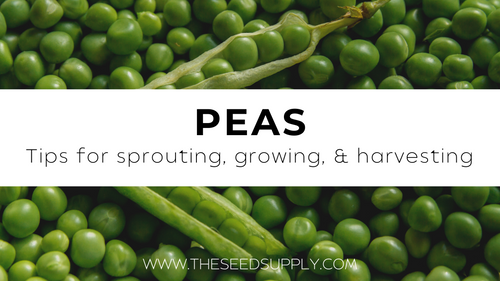
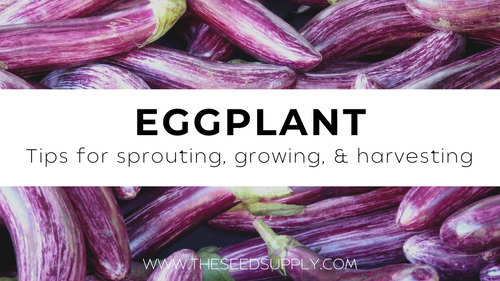
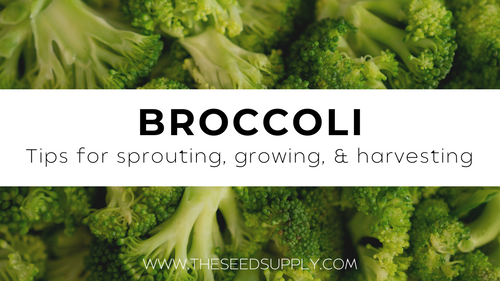
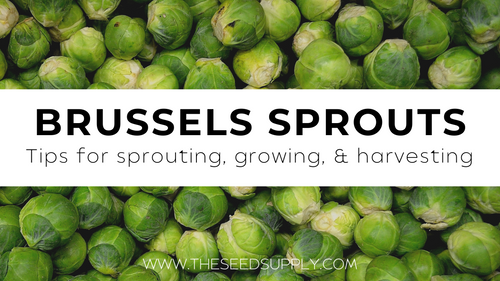
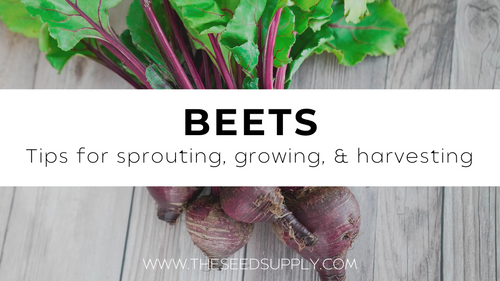
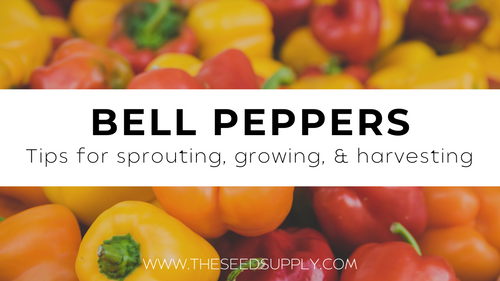
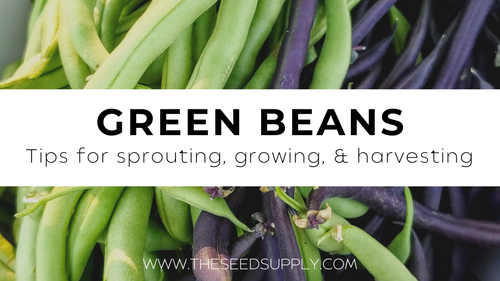
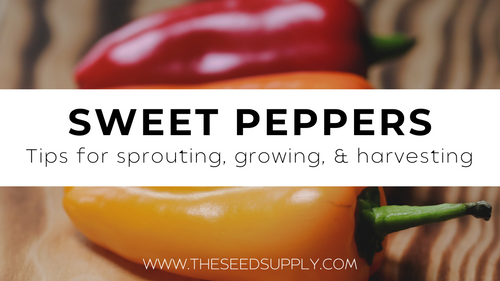
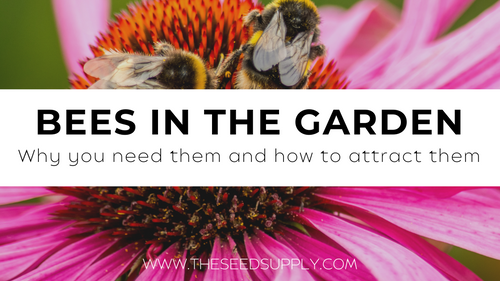
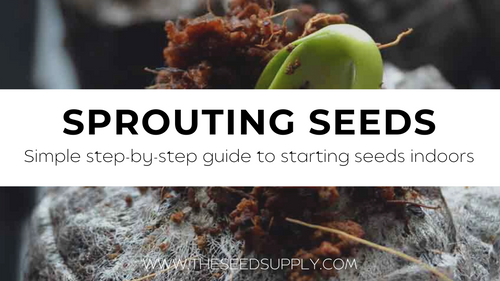
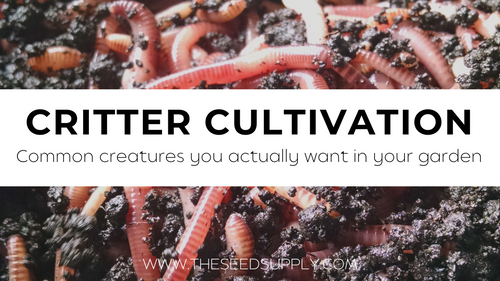
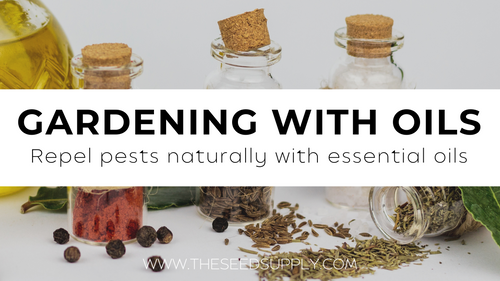
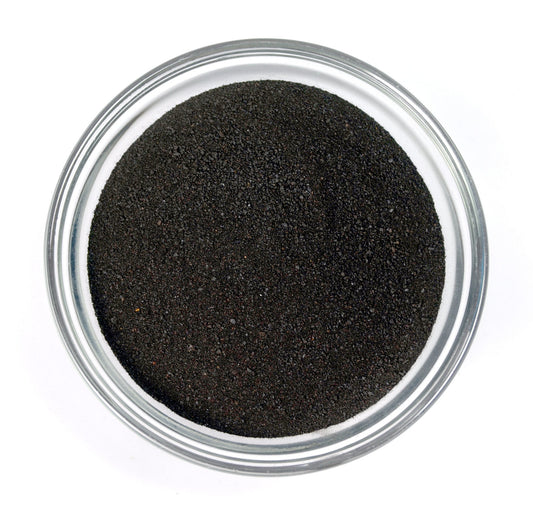
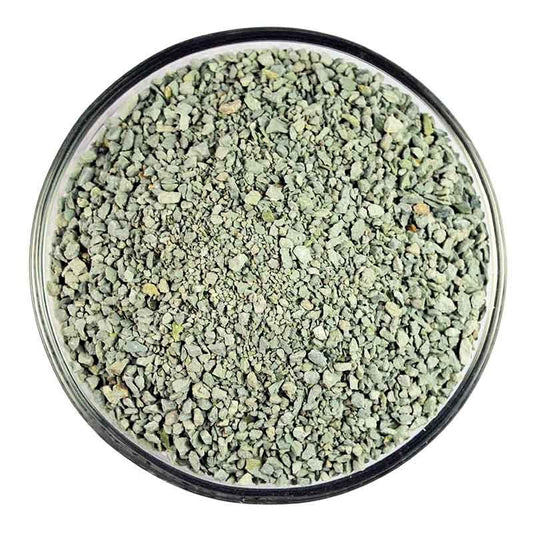
1 comment
If you just leave the leaves that fall from the trees in your garden, don’t the leaves turn into compost?